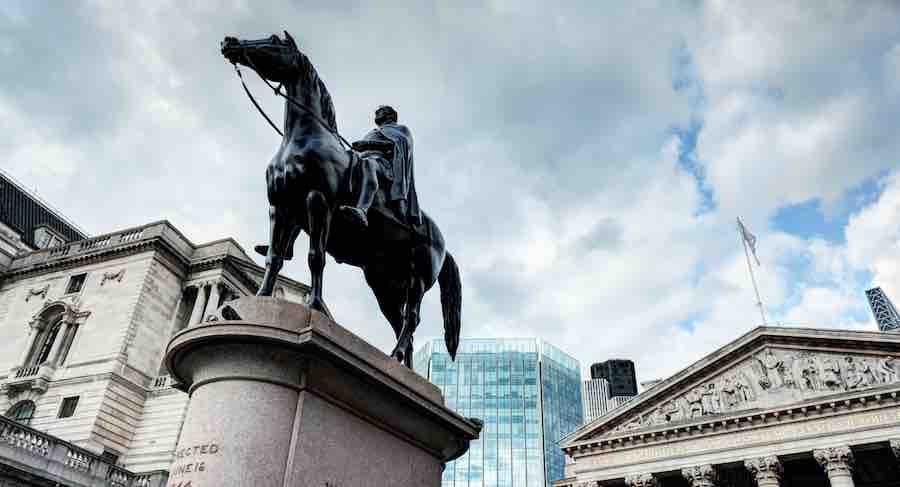12
April 2016
Bank of England Appoints Sam Woods as Deputy Governor
Sam Woods, one of the officials behind the bank ring-fencing rules, has been named as a new deputy governor of the Bank of England. Many see this appointment as a reward from George Osborne for the role he played in developing the regulations.
Woods is being moved from his present position presiding over the insurance industry. He replaces Andrew Bailey, who is being brought in to takeover the Financial Conduct Authority.
At only 42 years old, Woods is viewed as one of the rising stars at the Bank of England. He has been appointed as the head of the PRA (Prudential Regulatory Authority), the Bank’s regulatory arm; he will begin on the 1st of July on a five-year term.
When George Osborne announced the appointment, he highlighted Woods’ performance on the Independent Commission on Banking (ICB), which developed new regulations that separated the high street and investment branches of commercial banks. Woods held the position of ICB secretary between 2010 and 2011. Prior to that he was a founding member of UK Financial Investments, which was set up to preside over stakes in the banks that were bailed-out.
Osborne said:
“Sam has been one of the architects of the government’s crucial reforms to financial regulation – playing a key role in the work of the Independent Commission on Banking,”
“I believe Sam is the best person to ensure that these vital reforms he helped design will be a success and to deliver a strong, secure and globally competitive regime for all financial services.”
In his new role as PRA chief, Woods will oversee the implementation of stress tests- designed to check the strength of banks. The tests were introduced in the aftermath of the financial crisis with the aim of making sure that banks and insurance companies can withstand another economic crash.
As the new deputy governor, Woods will also be right at the heart of the Bank’s policy making decisions. He said that he is “absolute delighted and very honoured” to be given the role. The PRA is in charge of scrutinising the main players in the City of London, and the FCA is responsible for evaluating their relationship will consumers.
The opening was brought about by Osborne’s surprise decision to move Bailey to the FCA, which he was forced to do after deciding not to renew the contract of Martin Wheatley, who was the first head of the City watchdog.
Many speculated that Wheatley’s contract was not renewed because Osborne wanted to curb the aggressiveness with which the financial regulator had been acting; the most notable example of this was the record-breaking fines that the body imposed on banks.
Osborne surprised many by announcing in a radio interview that Tracey McDermott, who had been one of the leading candidates from within the body itself, did not want to take on the role full time; the acting head is yet to say whether or not she will remain at the FCA once Bailey’s appointment is made.
Woods was born in New Zealand, the son of two diplomats and went to school in the UK. He spent ten years at the Treasury, going on to hold positions at the ICB and UKFI. He moved to the Bank in 2013 after leaving the now disbanded Financial Services Authority. He has previously worked in the private sector at Diageo and McKinsey. He has a British passport and is married to the director of competition at the FCA, Mary Starks.





